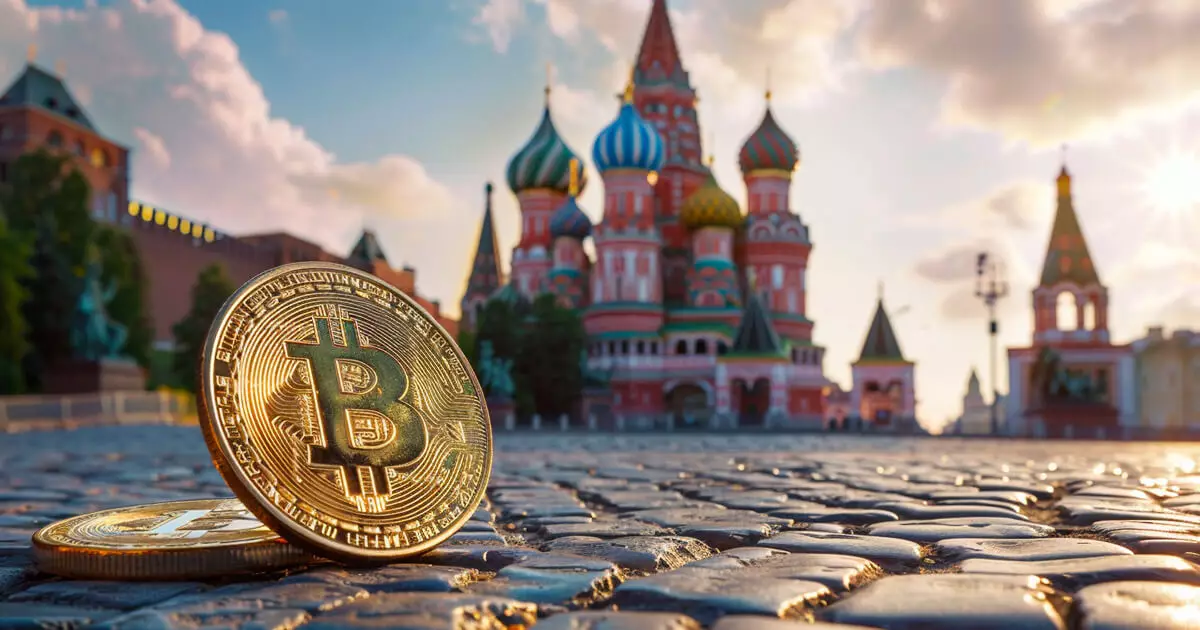Recently, the Russian State Duma made a significant decision to legalize Bitcoin mining and allow the use of cryptocurrencies for international trade. This bill, which has been in the works for a few years, is set to come into effect on September 1 pending final approval. The legislation aims to address the challenges faced by Russian banks due to regulatory constraints and international sanctions. The move is expected to provide a regulatory framework for overseeing crypto mining activities, ensuring compliance with tax regulations, and preventing illicit operations.
One of the key features of the bill is the authorization of Bitcoin mining. Under the new legislation, mining activities will be regulated by the government and the Bank of Russia, with a federal authority overseeing compliance. The goal is to bring mining out of the shadows, ensuring that income is declared and taxes are paid. This move represents a shift towards transparency and accountability within the crypto mining industry.
The bill also allows the sale of mined crypto without using Russian information infrastructure, exempting these transactions from domestic currency regulation laws. While the use of cryptocurrencies for domestic payments remains prohibited, the legislation is a step towards enhancing Russia’s trade relations with key partners and challenging global regulatory norms. Russia is even considering the official legalization of stablecoins for international transactions to simplify cross-border payments for Russian companies amidst ongoing sanctions.
Despite the ban on crypto advertising and domestic payments, the bill marks a notable shift in Russia’s approach to digital assets and currencies. The move towards legalizing Bitcoin mining and exploring the use of stablecoins demonstrates a willingness to adapt to the changing financial landscape. By actively discussing proposals to permit the use of stablecoins for international transactions, Russia is positioning itself to leverage cryptocurrencies for economic benefit.
With the Ministry of Finance proposing to allow traditional exchanges to handle digital asset trading for select investors, Russia is signaling a more open stance towards cryptocurrencies. The country’s efforts to regulate and leverage the benefits of digital assets reflect a broader trend towards embracing innovation in the financial sector. As the new legislation takes effect and Russia’s crypto industry evolves, it will be interesting to see how these developments impact the country’s economic landscape and international trade relations.
















Leave a Reply